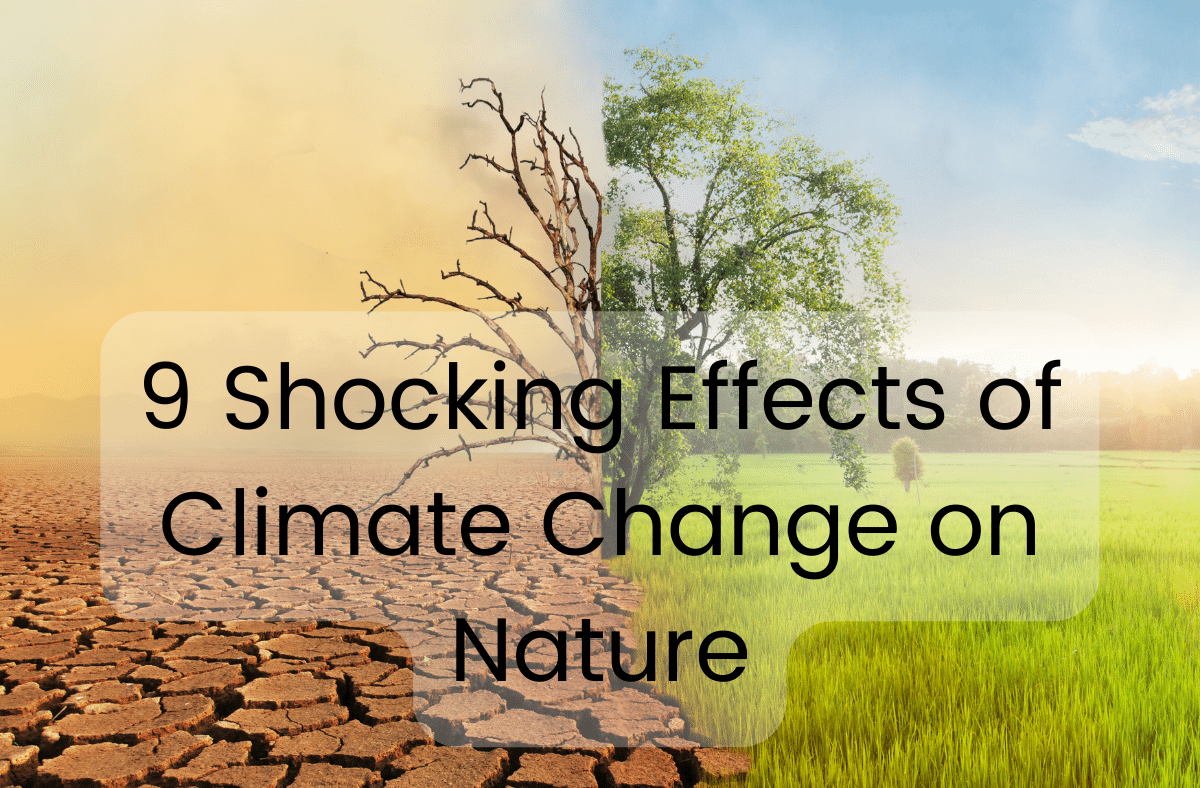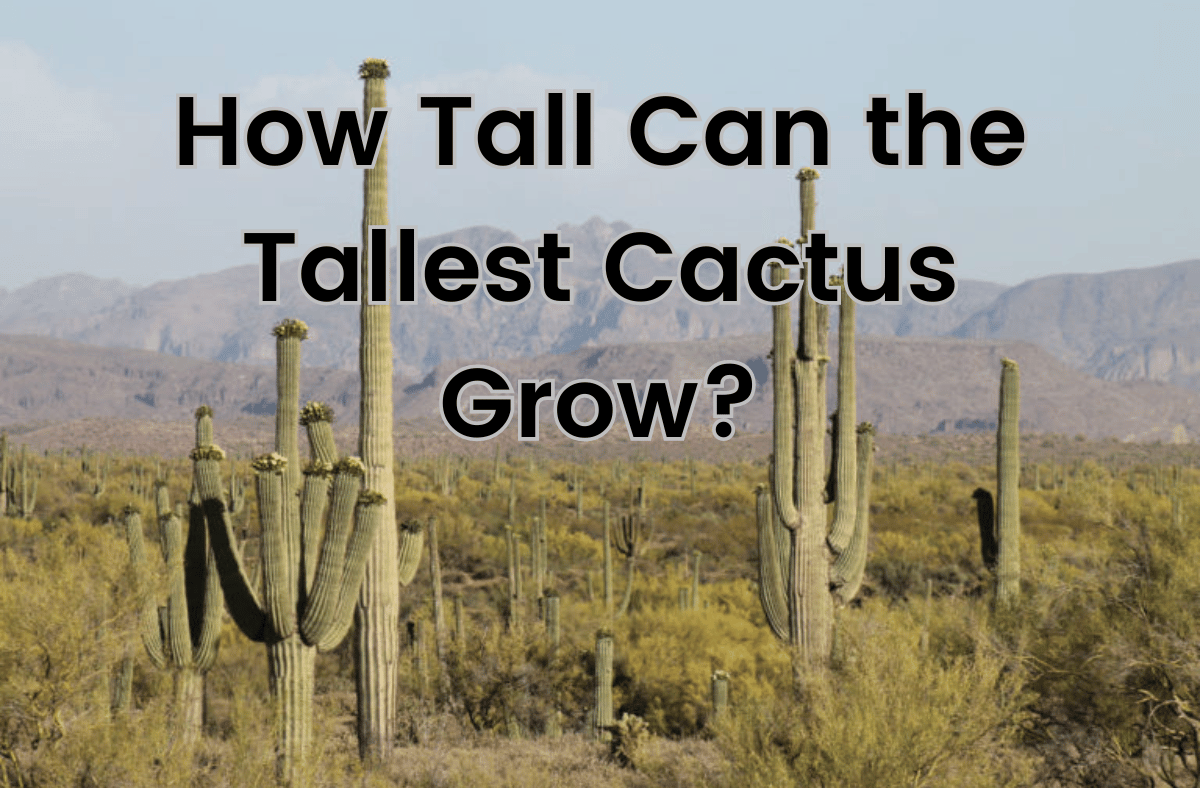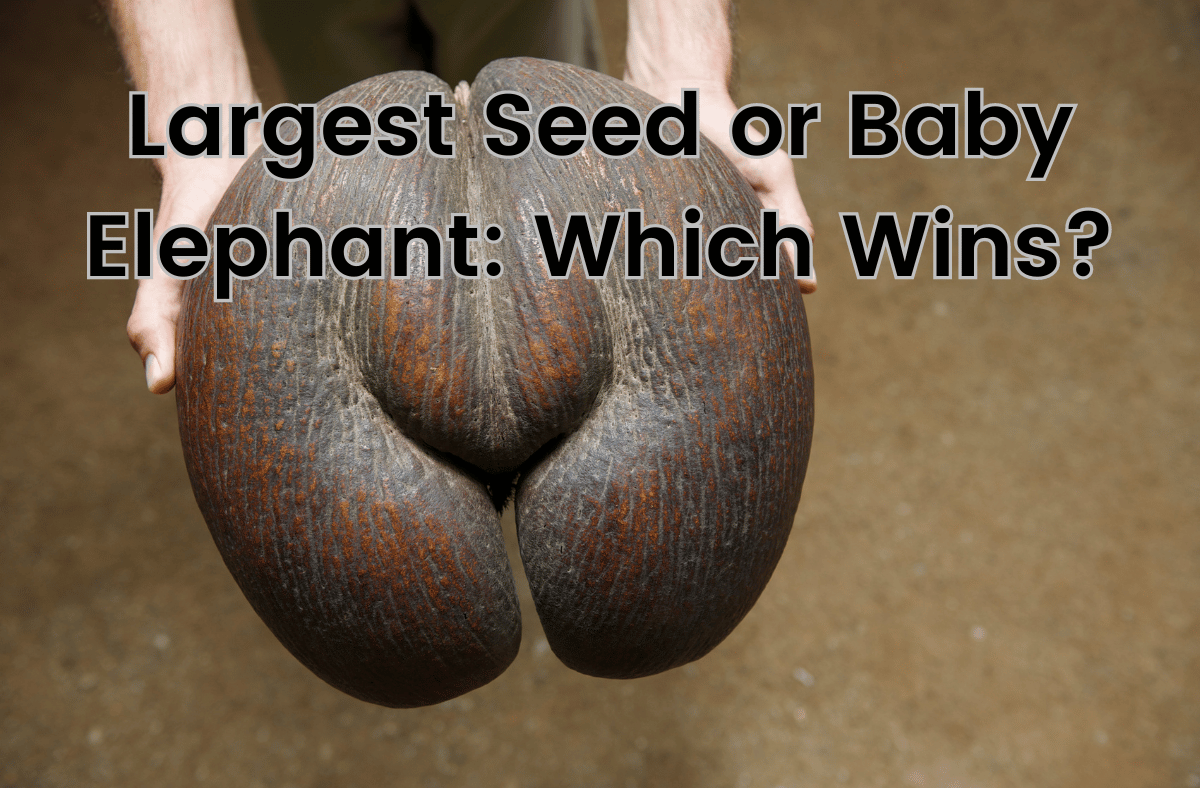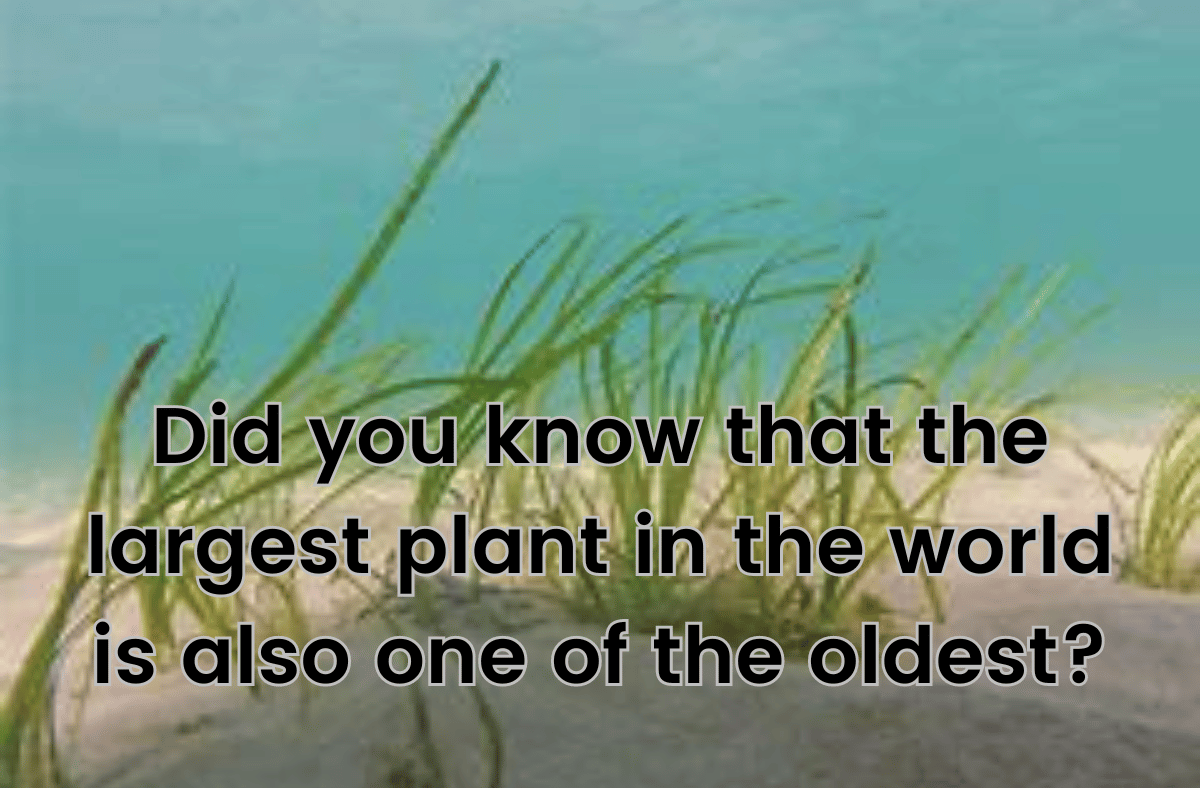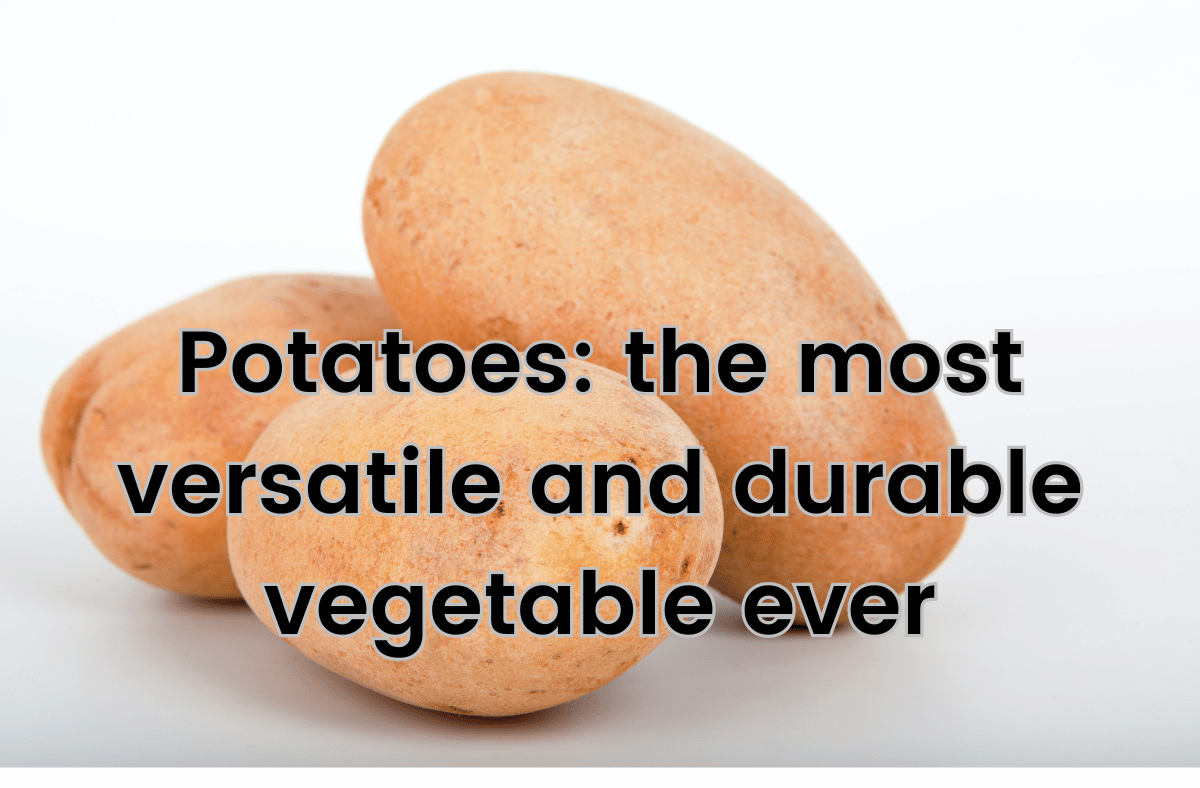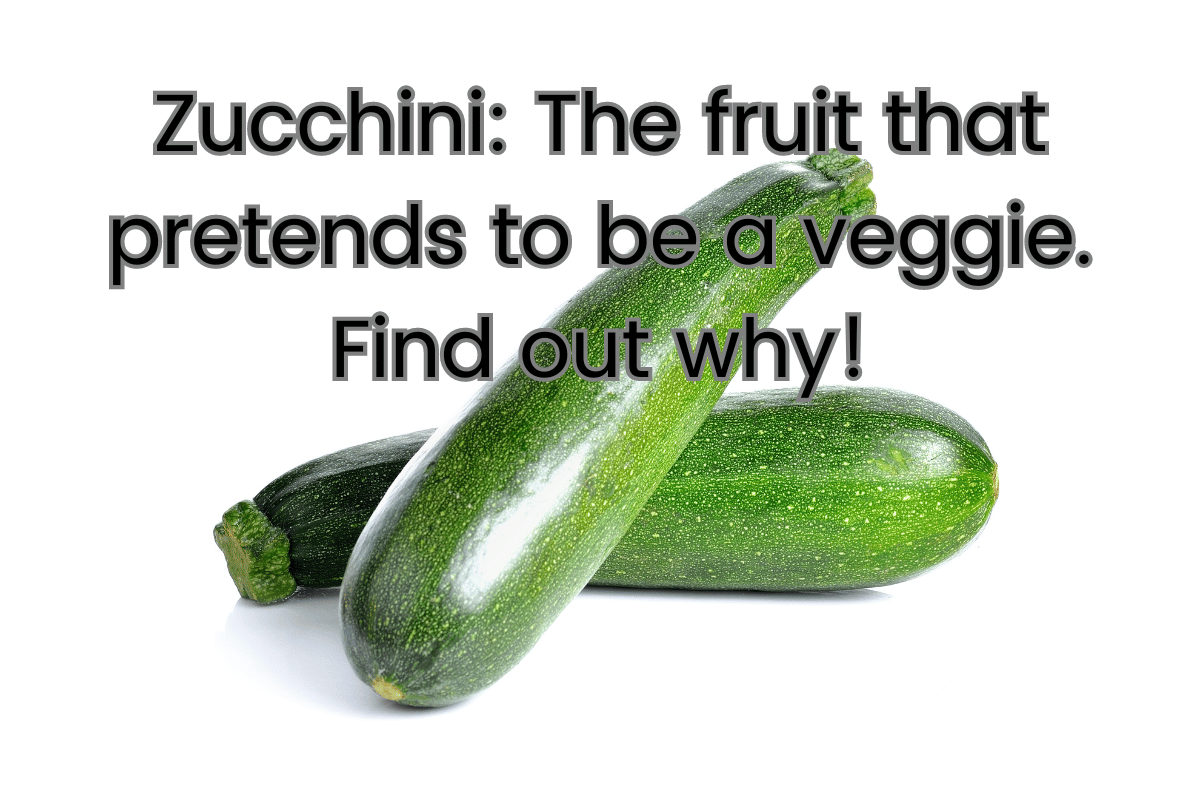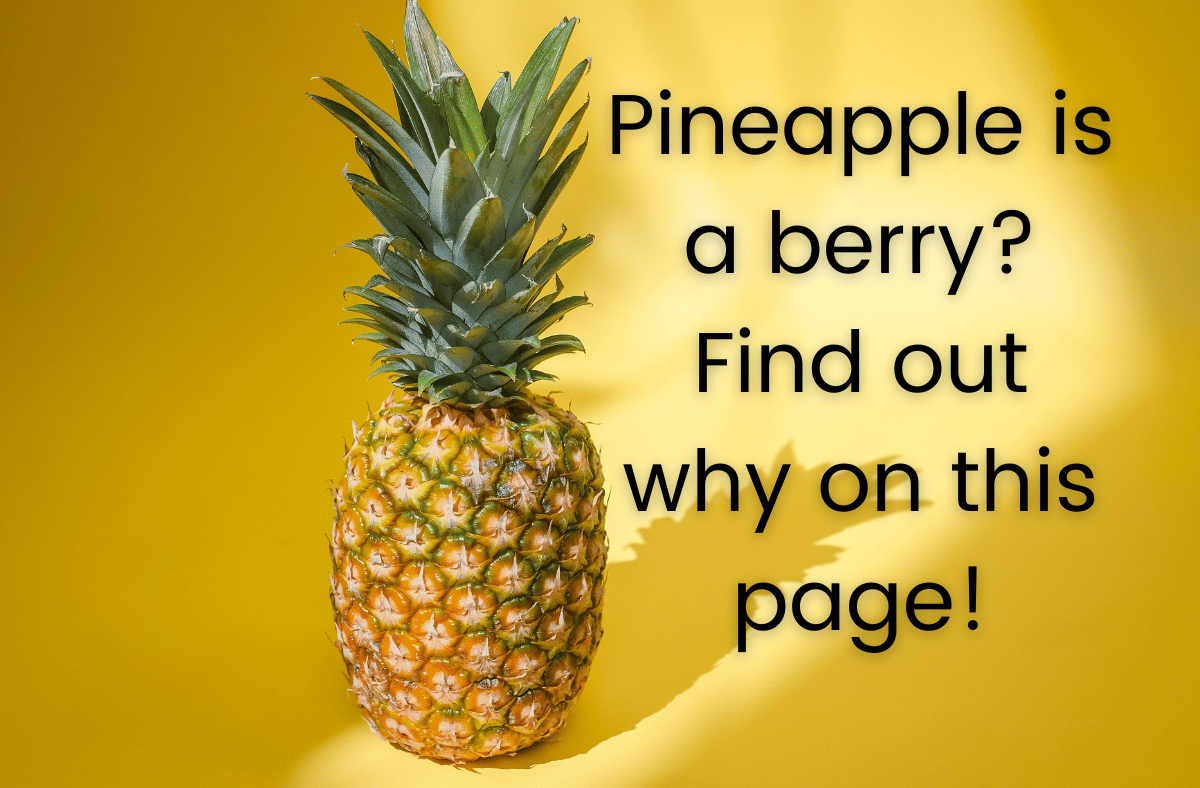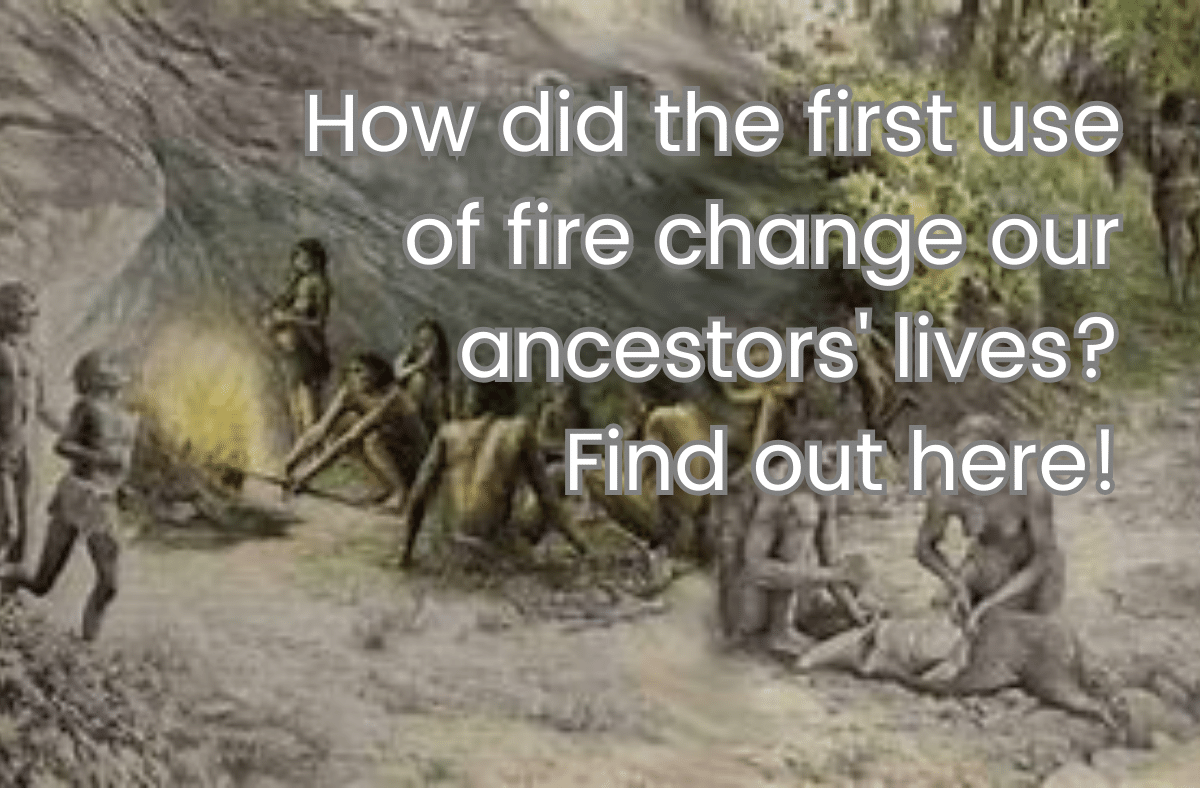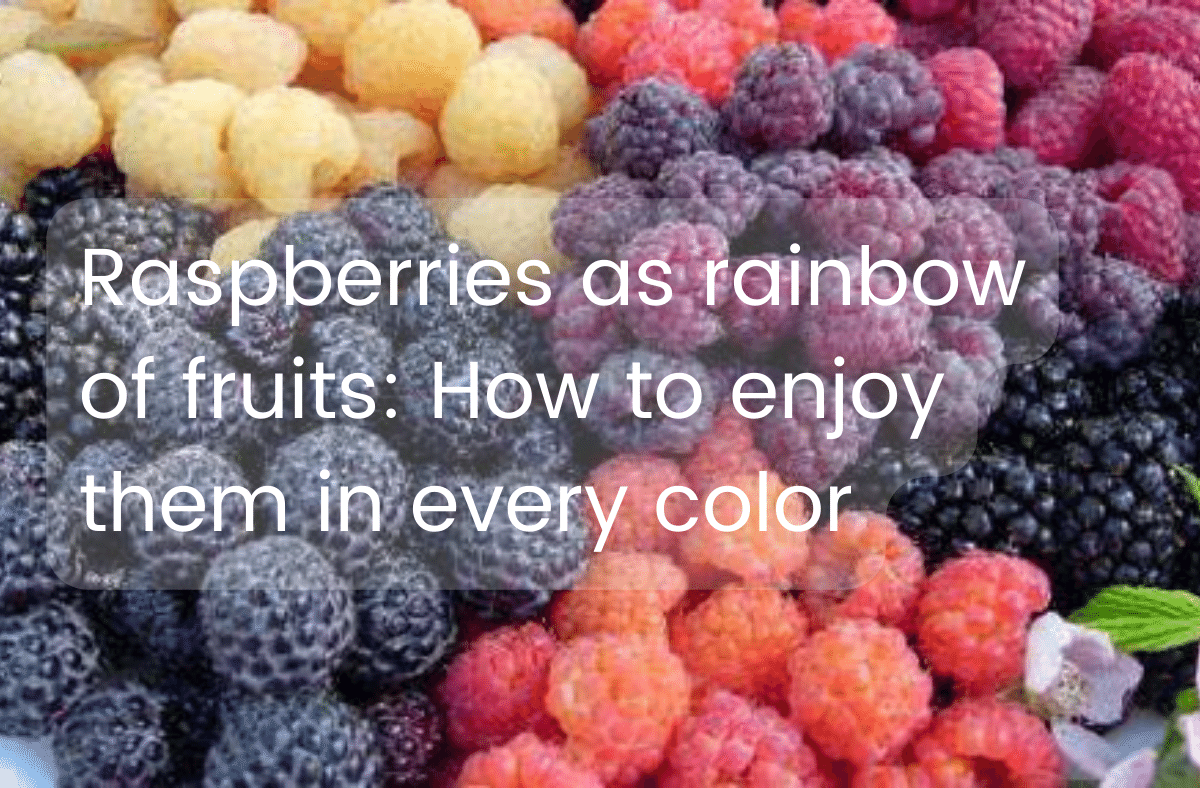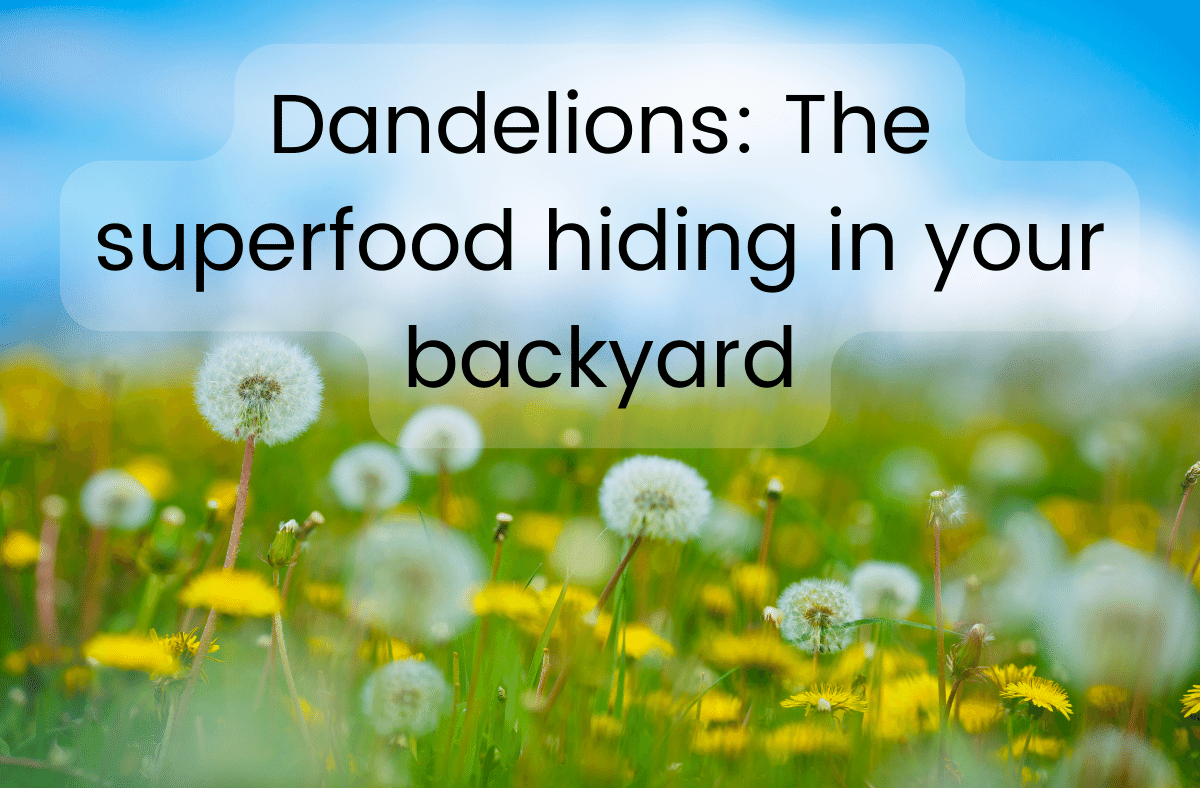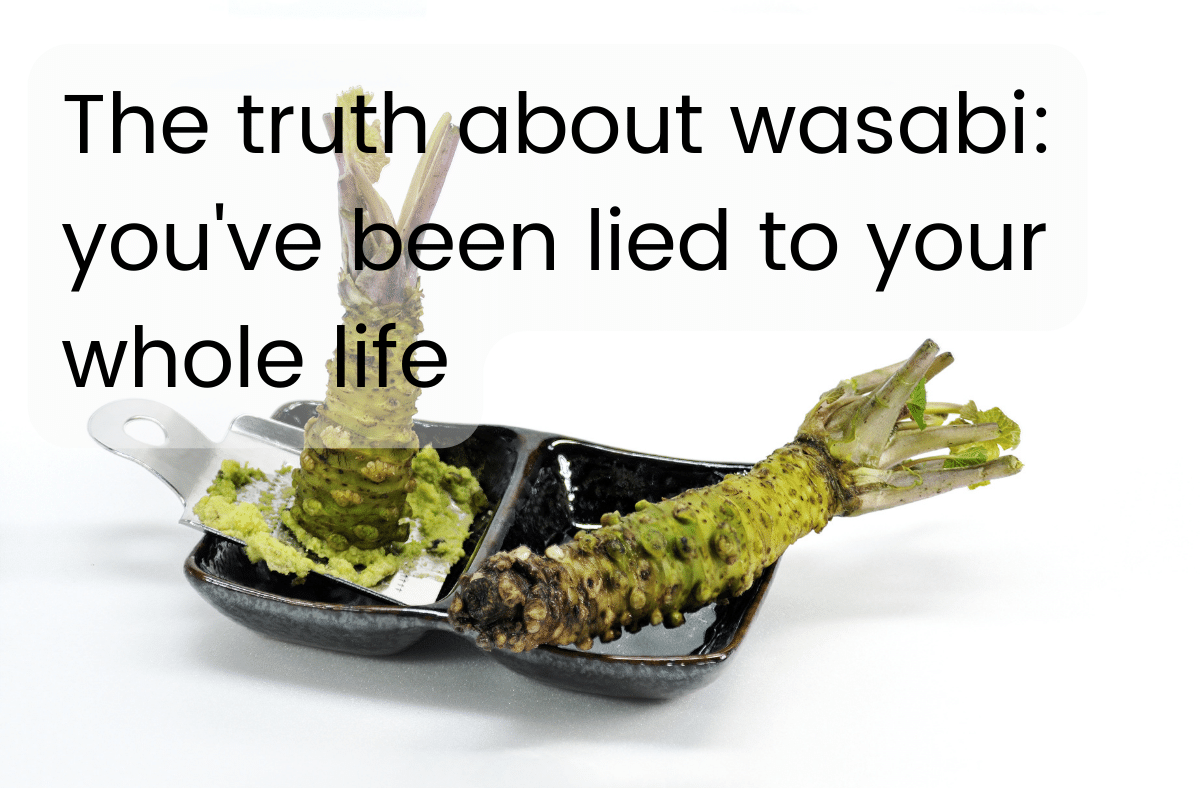Introduction: Understanding Climate Change
Climate change is a reality affecting us all. It involves significant shifts in weather patterns, largely due to human activities like burning fossil fuels and deforestation. These actions release gases that trap heat, causing our planet to warm. This warming impacts everything from weather to wildlife. In this article, we’ll explore 9 surprising ways climate change is transforming nature. It’s a subject that matters to us all, right here and now.
Melting Ice: The Cold Truth

Melting ice is one of the most alarming effects of climate change. Around the world, glaciers are retreating at an unprecedented rate. This isn’t just a concern for the icy regions; it has global consequences. As the ice melts, sea levels rise, threatening coastal communities with flooding. The disappearance of ice affects animals like polar bears, who depend on ice-covered regions to hunt and live. In simple terms, the cold truth about melting ice is that it’s reshaping our world in ways that impact us all. Understanding this issue is vital to recognizing the broader challenges of climate change.
Rising Sea Levels: Oceans on the Move
Rising sea levels are a dramatic effect of climate change. As glaciers melt and ocean temperatures rise, water expands. This causes the sea levels to inch up slowly but surely. In some places, the increase is already noticeable. Coastal communities are feeling the impact, with more frequent flooding and erosion. For those living near the shore, this isn’t just a far-off worry; it’s a pressing reality. The movement of the oceans is reshaping our world, and we must understand this phenomenon to protect our future.
Extreme Weather: Unpredictable Patterns

Extreme weather is becoming a new norm, thanks to climate change. Unpredictable patterns are cropping up everywhere, causing chaos and confusion. One year, a region might face intense drought; the next, it could be inundated with floods. Hurricanes are growing stronger, and winters are becoming harsher in some areas. These erratic changes not only disrupt daily life but also pose serious threats to agriculture, infrastructure, and even our health. Understanding and adapting to these wild weather shifts is now a crucial part of our global challenge.
Wildlife at Risk: Species Facing Extinction
Climate change is more than a weather issue; it’s a threat to animals. Many species are struggling to survive in changing habitats. As temperatures rise, animals must find new homes or adapt. Some can’t keep up with the rapid changes. In fact, dozens of species have become extinct in recent years due to these shifts. We must take action to protect these creatures. The loss of even one species can disrupt an entire ecosystem, leading to unforeseen consequences. By understanding how climate change affects wildlife, we can make choices that help preserve the delicate balance of nature.
Forests in Peril: The Loss of Green Giants

Forests are in trouble, and it’s happening right before our eyes. Climate change is causing temperatures to rise, leading to prolonged droughts in many areas. This leaves our green giants thirsty and weak. In turn, they become more susceptible to diseases and pests. As if that’s not enough, these weakened trees are easier prey for wildfires, which are also increasing in frequency and intensity. The loss of forests doesn’t just affect the trees; it has a ripple effect on wildlife and even the air we breathe. The time to act is now if we want to preserve these essential ecosystems for future generations.
Coral Reefs: Dying Beauty Under the Sea

Coral reefs, often called the rainforests of the sea, are in grave danger. Climate change is warming our oceans, and this has a devastating effect on these delicate underwater ecosystems. When the water gets too warm, corals expel the algae living in their tissues, causing them to turn completely white. This phenomenon is known as coral bleaching. Without the algae, the coral starves and can eventually die. This loss not only affects the beauty of our oceans but also the countless marine species that rely on coral reefs for food and shelter. It’s a complex issue with ripple effects that reach far beyond the sea.
Agriculture’s Battle: Changing Crop Seasons

Agriculture’s battle with changing crop seasons is a growing concern. As the climate shifts, traditional planting times are thrown off. Farmers face uncertainty, not knowing when to sow seeds or harvest crops. This can lead to decreased yields and increased costs. New pests and diseases appear, making the situation even more challenging. Ultimately, these changes threaten our food supply, making understanding and adapting to the new climate essential for farmers and consumers alike. Simple solutions may not exist, but awareness of the problem is a crucial first step.
Human Health: The Unexpected Connection
Climate change affects our health in unexpected ways. Heatwaves can lead to heat-related illnesses, while cold snaps bring cold-related problems. Rising temperatures also spread disease-carrying insects like mosquitoes. Even the air we breathe is impacted, causing respiratory issues. In short, climate change has complex effects on human health that touch us all.
Economic Impact: Nature’s Toll on Our Wallet
Climate change is hitting our wallets, too. Unpredictable weather affects crops, increasing food prices. Storms and flooding damage property, leading to higher insurance costs. Even beach vacations are at risk due to rising sea levels. Together, these factors make the effects of climate change on nature a real financial concern for us all.

